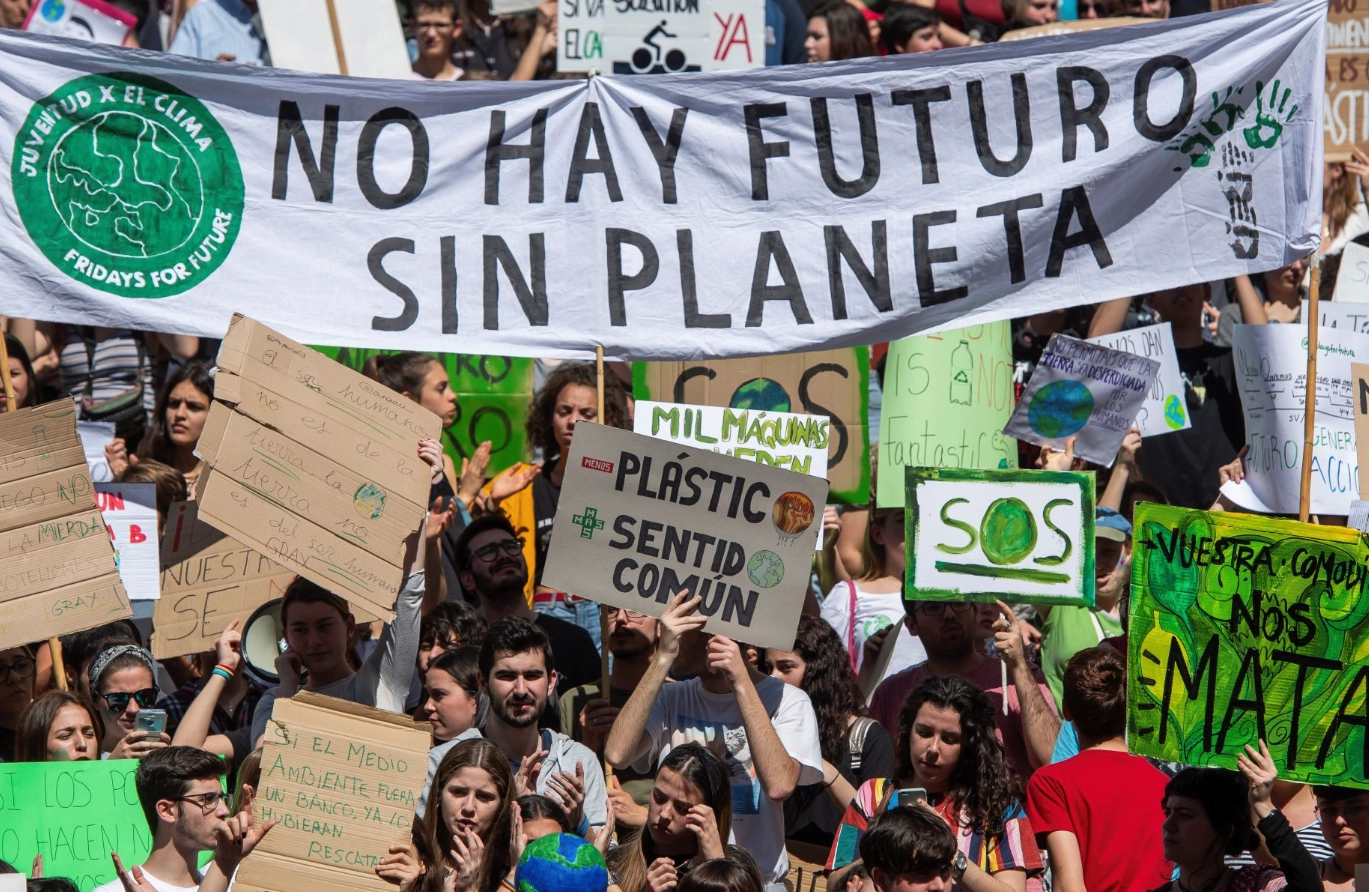Everything is interconnected, but understanding these interconnections and interdependencies is not easy. Many of us have learned to process by compartmentalizing and siloing individual pieces of a problem, hoping to solve it in isolation then returning to the larger picture to solve the next piece. As societies, we have developed entire governance systems based on this idea of compartmentalizing or siloing our respective systems (as often seen in government ministries) — to divide and engage in our challenges in smaller and more bite-sized pieces. Unfortunately, as a result of this, we often fail to recognize the interdependencies of these various systems and how changes to some impact others. Not only is it not a very efficient use of resources — it often leads to unintended consequences. Everything is a system — very little functions in isolation.
In the international sustainable development landscape this has become glaringly evident as the global community struggles to make progress on the SDGs. The interdependencies, linkages and tradeoffs that need to be considered to make any real progress forward are increasingly obvious. In addition to the interdependencies within the SDGs themselves -another set of interdependencies that we often fail to take into consideration when looking to tackle the global environmental change challenges that we have brought upon ourselves — is the need to bring everyone with us, in an evidence-based process, if we are to succeed.
We need to transform our approaches
To continue as a species on this planet, we need to succeed. As homo sapiens, we are members of the species that has made fundamental and possibly irreversible changes to the earth’s systems. These changes have significantly impacted our climate and environment and ultimately our health — as individuals and collectively. For us to make any tangible impacts towards mitigating and adapting to these global changes, we also need to fundamentally transform our approaches.
We need to recognize that the global changes we are seeing do not respect any geopolitical borders, that not everyone has contributed to the mess we find ourselves in, and that often those who are feeling the biggest impacts are from the communities who are the least to blame for the problems we are facing. We need to understand that in order to make the changes needed to truly transform society as we know it, we need to engage directly with our humanity, and to recognise that we are all in this together.
This is where the importance of taking on a truly transdisciplinary approach is critical. It is critical because it starts from the place of equity, which is a place of co-development, and a recognition that expertise comes in many different forms. A transdisciplinary approach recognizes that to truly understand and engage with a societally relevant challenge you need to involve those who are being impacted by it, and frame it in a way that is relevant to the community it will impact.
It needs to share ownership and bring everyone along as part of the process — taking into consideration the human condition and how we interact with one another. It needs to think about all the soft skills that have often been neglected in modern times — emotional intelligence, trust, empathy, self-awareness, compromise — and acknowledge that these factors play a fundamental role.
The past and the present
History, and its impact on the present, also needs to play a leading role in considering how we develop our dialogues, on how we work to rebuild trust relationships, and understanding the real and perceived power dynamics that we have built our societies around.
Time is of the essence — but time is also a key component of these discussions — and we need all the time we can get. We need to take time to redevelop relationships, to build equitable partnerships, to take the steps we need to rebuild trust. We must create bridges between science and society, but so much more than that since we often forget how to work together without conflict.
Making a conscious decision to tackle our common global change challenges through a transdisciplinary lens is a first step forward, as is making the conscious decision to act together, as equals. We must also remember that we are all part of a greater interconnected system and need to frame our problems in real-world contexts. It is not easy, but nothing worth doing ever is, especially if we wish to continue as a species, on this planet, and to live well. It is all interconnected — the climate, our environments and our health, nothing can be tackled in isolation.












